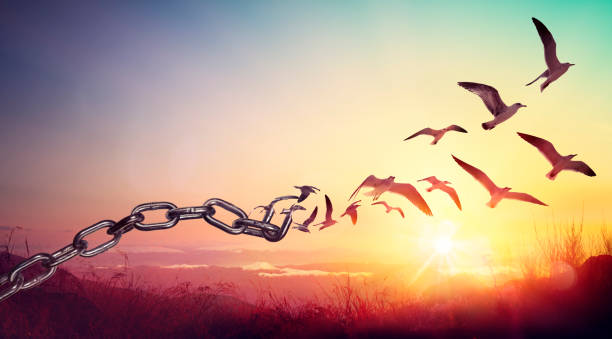I’ve been thinking about fatalism lately. Sometimes I think of myself as a fatalist when something happens over which I feel I have had no control. There are so many such times in everyone’s lives. Part of fatalism is acceptance, but being a fatalist doesn’t prevent grief, depression, worry, feelings of loss and desperation when bad things happen. I believe being a fatalist might help relieve oneself from such feelings, to accept what has happened, and to move on.
I’m not a true fatalist, however, because I’ve made choices in my life, like everyone else, big and small. Some of the choices I’ve made have determined the direction of my life, what I’ve been able to do and not been able to do, and what has happened to me. After the choice has been made, and if the choice has been regretful and unchangeable, that’s when the acceptance comes in, and I adopt a fatalistic attitude.
Of course, there are things that happen seemingly independent of will–illness or death of a family member or friend, being a victim of a random violent act, property damage by weather or vandalism, etc. Are such things truly out of our control or have those incidents been experienced because of prior decisions? A decision to go somewhere and then suffering a violent attack intersects with someone else’s decision to perpetrate that violence. When a home suffers damage from a tornado or hurricane, well, who made the decision to live there? Illnesses might happen due to decisions made for unhealthy lifestyle choices. As for genetic diseases, I’m not sure how to think about that. The only decision made at one point was for a couple to have a child. As for death, that will happen to all of us whether we decide to die or not.
I guess I’m a fatalist after something happens in that I realize I’ve probably made a choice at one point or another that led up to that moment. Then, there is nothing to do but accept and go on until there are no more decisions to make, and then ultimately accept the end when it comes.
